- (615) 595-6111
- 615-595-9514
- 216 3rd Ave N, Franklin, TN 37064
- office@downtownfranklinfamilydentistry.com
- (615) 595-6111
- 615-595-9514
- 216 3rd Ave N, Franklin, TN 37064
- office@downtownfranklinfamilydentistry.com
The human mouth is a complex system that plays a significant role in our lives. We use it to communicate, express emotions, and eat. Central to all these functions are our teeth. But do you know how many teeth adults usually have? Or the different types of teeth and their unique functions? Let’s delve in to learn more.
Typically, an adult human has 32 teeth, including wisdom teeth. These teeth appear at various stages throughout our lives, with the first set—the primary or “baby” teeth—making their appearance during infancy. These 20 temporary teeth eventually give way to our permanent set of teeth. The last to emerge are the third molars, commonly known as wisdom teeth, which may appear anywhere from the late teens to early twenties. Sometimes, due to lack of space or other dental issues, wisdom teeth may not erupt, leaving some adults with 28 teeth.
Your 32 (or 28) adult teeth are not all the same. They come in four different types, each with its unique shape and function.
Incisors: These are the eight teeth in the front of your mouth (four on top and four on the bottom). Incisors are sharp and chisel-shaped, designed for cutting and chopping food. They are typically the first adult teeth to grow in after the baby teeth fall out.
Canines: Positioned next to the incisors, canines are the sharpest teeth and serve a crucial role in tearing food apart. Humans have four canines, two on the top and two on the bottom.
Premolars: Also known as bicuspids, premolars are larger and broader than incisors and canines. Adults have eight premolars—four on the top and four on the bottom. Their primary function is to crush and grind food.
Molars: These are the largest teeth, located at the back of the mouth. Molars have a flat surface with multiple cusps to efficiently grind and break down food. Adults typically have 12 molars—three on each side of the upper and lower jaws. The third molar in each quadrant is the wisdom tooth.
Understanding the types and functions of our teeth helps us appreciate their role in maintaining our overall health. The various shapes and sizes of our teeth reflect their unique roles in processing food, making eating efficient and enjoyable. They are also very important in breaking down food to aid in the digestion process to capture the nutrients that we need for a healthier life.
Now that you have a deeper understanding of your teeth and their incredible functions, it’s time to give them the care they deserve. Your oral health is a crucial part of your overall well-being, and we’re here to help maintain it. Don’t delay—your teeth are counting on you. Call us today to schedule an appointment. Remember, a healthier smile is just a phone call away!
The idea of getting dentures or partial dentures can be daunting and...
Read MoreAre you interested in providing affordable dental care for you and your...
Read MoreSeptember is Gum Care Month, a time dedicated to highlighting the importance...
Read MoreCheck out our affordable membership plans from Downtown Franklin Family Dentistry.
Read MoreMaintain those smiles all year long, schedule a back-to-school appointment now.
Read MoreWe have exciting news to share with our valued patients at Downtown...
Read MoreChoosing SureSmile Clear Aligners is an investment in your long-term oral health...
Read MoreDental implants are a state-of-the-art solution for replacing missing teeth and restoring...
Read MoreAt Downtown Franklin Family Dentistry, your safety and well-being are paramount in...
Read MoreMaintaining good oral hygiene goes beyond just brushing and flossing at home....
Read MoreAs we age, we often focus on maintaining our youthful appearance, but...
Read MoreApril is Oral Cancer Awareness Month, a time dedicated to highlighting a...
Read MoreAt Downtown Franklin Family Dentistry, we understand dental procedures can sometimes feel...
Read MoreHave you ever admired someone’s flawless smile and wondered how they achieved...
Read MoreAre you tired of wincing in pain every time you indulge in...
Read More

